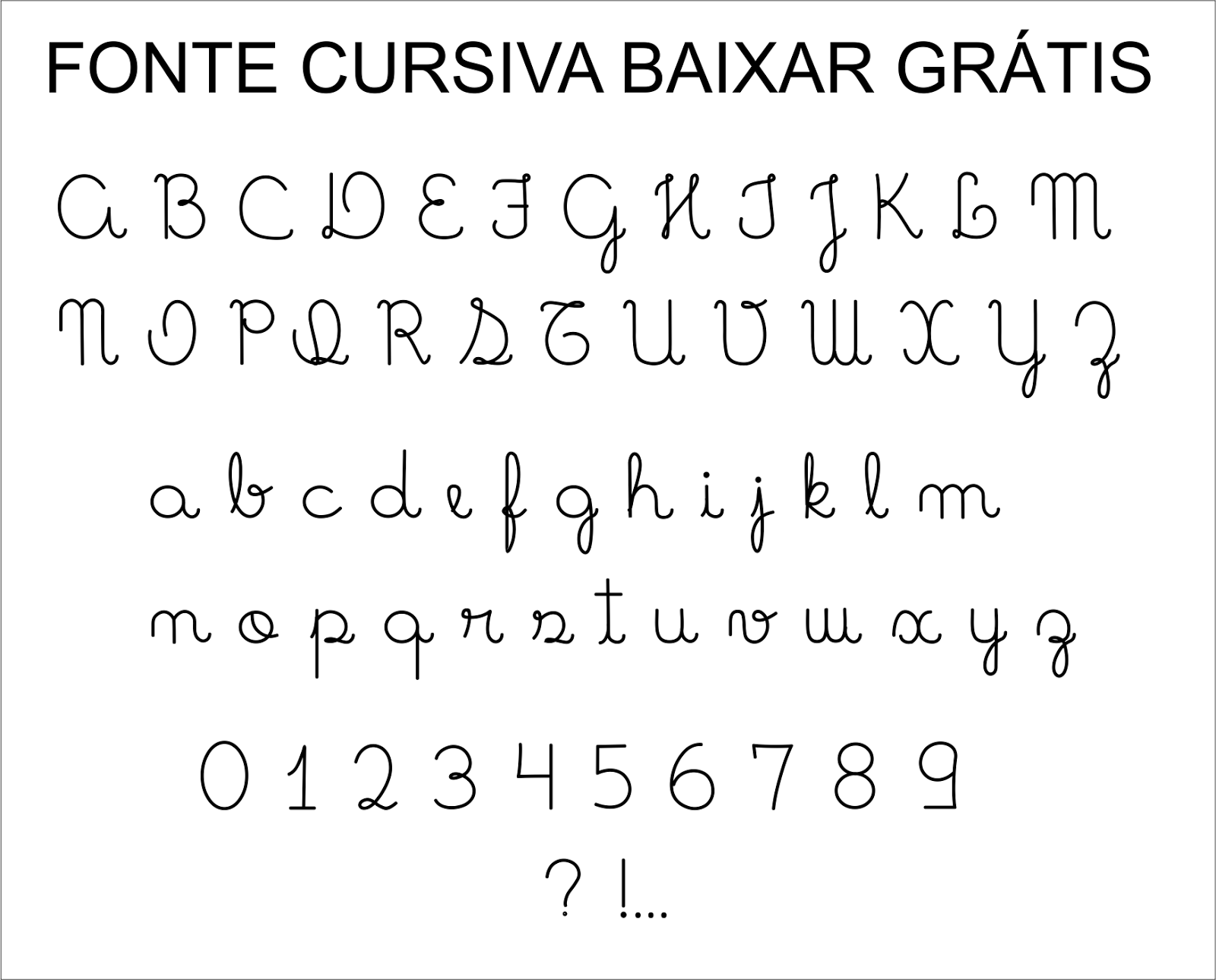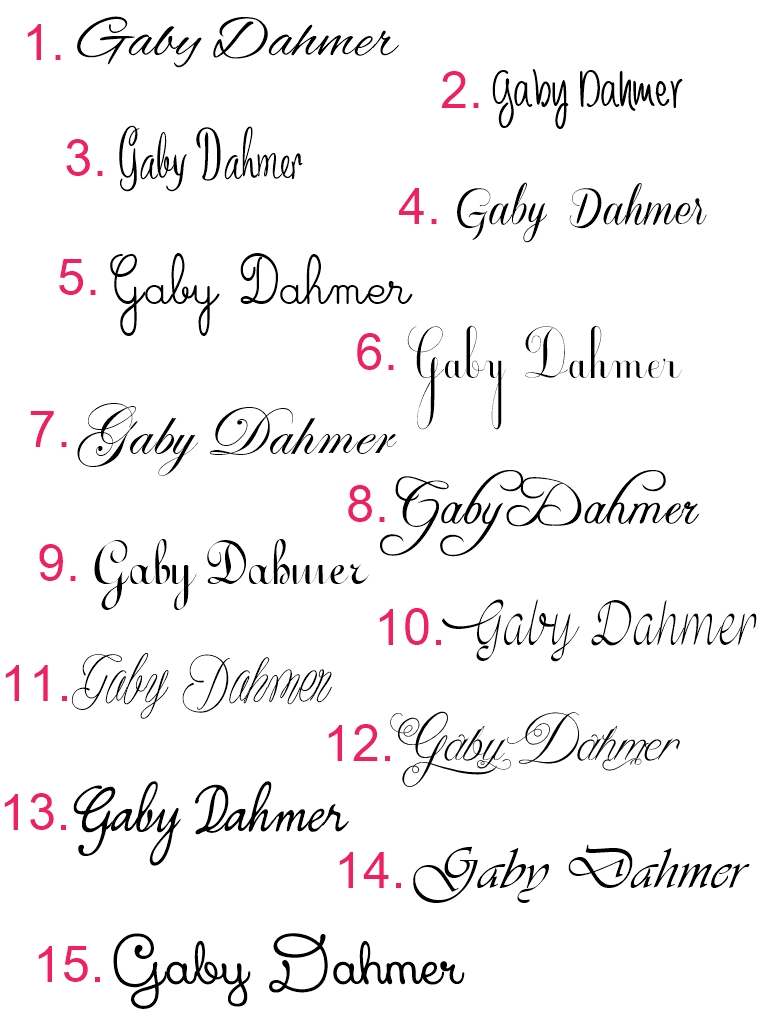In our digital age, where keyboards and touchscreens reign supreme, the art of handwriting might seem like a relic of the past. However, there's an undeniable charm and personality in a handwritten note or letter. Among the various handwriting styles, cursive writing, with its flowing strokes and connected letters, holds a special place.
Cursive, also known as script or longhand, is a style of writing where letters are connected, creating a smooth and flowing appearance. Unlike print writing, where each letter stands alone, cursive emphasizes the rhythm and continuity of words. This style of writing has been taught in schools for generations, but its relevance in today's world is often debated.
The roots of cursive writing can be traced back centuries. Early forms of cursive emerged from the need for speed and efficiency in writing. As writing evolved, different scripts and styles developed, leading to the cursive we recognize today. This journey through time has seen cursive evolve, adapt, and leave its mark on cultures worldwide.
Despite the rise of digital communication, cursive writing remains relevant for several reasons. For one, it aids in developing fine motor skills and hand-eye coordination, particularly in young learners. Additionally, studies suggest that cursive writing can improve information retention and enhance cognitive function.
Beyond its practical benefits, cursive writing carries an air of elegance and sophistication. A handwritten note or letter in graceful cursive conveys a sense of thoughtfulness and personality that often gets lost in digital communication. Whether you're signing important documents, penning a heartfelt letter, or simply seeking to enhance your handwriting, cursive writing offers a timeless appeal.
Advantages and Disadvantages of Cursive Writing
| Advantages | Disadvantages |
|---|---|
| Improves handwriting fluency and speed | Can be difficult to read for some individuals |
| Enhances fine motor skills and hand-eye coordination | Requires consistent practice to maintain legibility |
| May aid in information retention and cognitive function | Less common in today's digital age |
| Adds a personal and elegant touch to written communication | May not be suitable for all writing tasks (e.g., coding) |
While cursive writing offers numerous benefits, its use has declined in recent times. The prevalence of digital communication and typing has led to less emphasis on handwriting, particularly cursive. However, this shift also presents an opportunity to rediscover the beauty and functionality of this timeless script. By embracing cursive writing, we can preserve a valuable skill and add a touch of elegance to our daily lives.
In conclusion, while the digital world offers convenience and speed, the art of cursive writing remains a valuable skill with a rich history. From enhancing fine motor skills to adding a personal touch to our communication, cursive offers a unique blend of practicality and artistry. Whether you're a seasoned pro or just starting out, rediscovering the beauty of cursive writing can be a rewarding experience.
Fontes gratuitas para uso comercial - The Brass Coq
Espaço do Professor - The Brass Coq
baixar letra cursiva word - The Brass Coq
baixar letra cursiva word - The Brass Coq
baixar letra cursiva word - The Brass Coq
Fontes gratuitas para uso comercial - The Brass Coq
baixar letra cursiva word - The Brass Coq
baixar letra cursiva word - The Brass Coq
baixar letra cursiva word - The Brass Coq
baixar letra cursiva word - The Brass Coq
baixar letra cursiva word - The Brass Coq
baixar letra cursiva word - The Brass Coq
baixar letra cursiva word - The Brass Coq
Fontes gratuitas para uso comercial - The Brass Coq
baixar letra cursiva word - The Brass Coq














